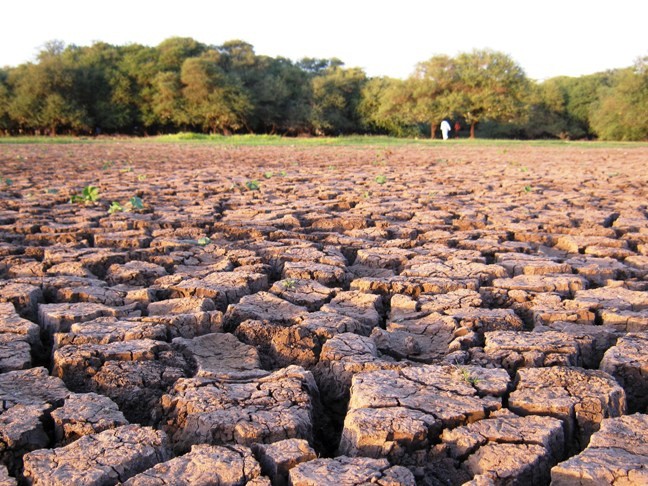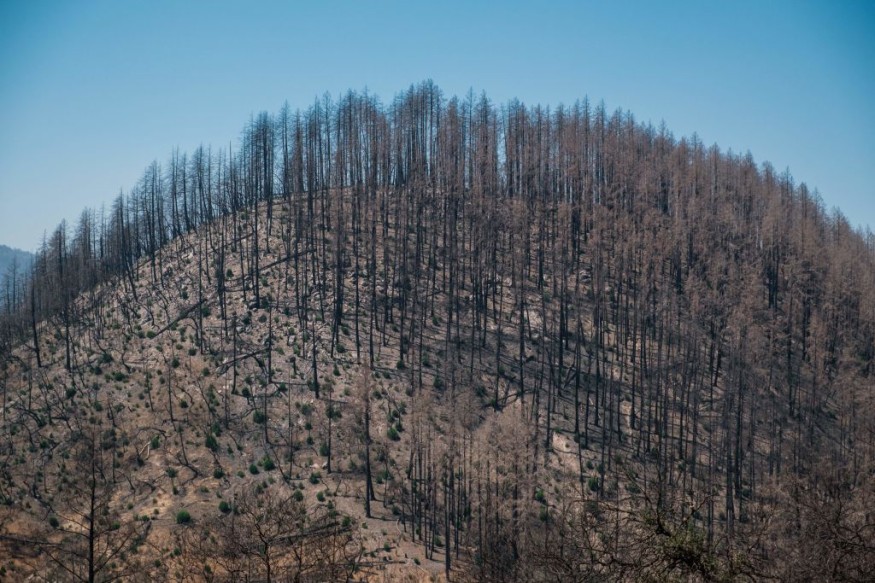A record-breaking heat wave has swept the United States, raising concerns among medical professionals that excessive heat is wreaking havoc on public health.

Summer Heat

Over the weekend, summer heat scorched the arid Southwest and sections of the Western United States, shattering temperature records and leading government officials to issue extreme heat warnings for 53 million Americans. The National Weather Service described the heat as "oppressive," predicting hazardous fire weather throughout most Southwest and Rockies through Monday.
More than 25 major U.S. cities tied or broke maximum heat records on Saturday. The temperature in Las Vegas, Nevada, reached 109 degrees Fahrenheit, a record high for the city since 1956. The temperature in Death Valley, California, hit 122 degrees. The temperature in Phoenix, Arizona, reached 114 degrees, the highest in over a century. On Monday, winds began to drive the heat east, bringing scorching temperatures and heat advisories to the upper Mississippi Valley, western Great Lakes, and Ohio Valley by midweek.
Temperatures in Triple Digit
Temperatures in the triple digits are not uncommon in the United States. Due to climate change, people from the Southwest arrive earlier and more often throughout the summer. According to climate scientists, above-average temperatures persist during the night due to global warming. Nighttime temperatures in the locations where officials issued extreme heat warnings this weekend continued over 75 degrees, meaning residents did not receive relief from the heat at night.
Medical professionals worldwide are increasingly worried that the 24/7 nature of recent heatwaves is taking a toll on public health, becoming increasingly dangerous. Excessive heat already kills more people in the United States than any other weather-related tragedy. According to government estimates, intense heat kills up to 1,300 people in the United States annually. Independent research found that the number of heat-related deaths is several times higher. Heat-related mortality is also rising: between 1980 and 2016, such deaths increased by 74% in nine nations worldwide.
Extreme heat affects everyone; studies show that emergency hospital visits increase across all groups during heat waves. Young children, elderly individuals, pregnant women, and those with impaired immune systems are particularly vulnerable. Heat raised children's risk of blood, immunological, and neurological system disorders, according to critical research released in January on increasing temperatures and children. Long-term heat exposure in senior individuals, who, like children, have trouble regulating their body temperature, can cause hyperventilation, dehydration, and cardiovascular problems, leading to mortality. People with immunological diseases are more vulnerable to the effects of heat.
An analysis of the influence of heat on adults with multiple sclerosis published last year indicated that periods of hot weather were linked to an increased incidence of inpatient and emergency department visits in MS patients.
People might be prone to heat due to societal reasons as well. People who are jailed, live in areas with little green space, work outside, are homeless, or cannot afford air conditioning are particularly vulnerable.
Danger Season
Summer has a new name: "danger season," according to some experts. "Climate change has pushed a lot of these sorts of occurrences into a new domain that is considerably more deadly," Kristy Dahl, a climate scientist with the Union of Concerned Scientists, told Grist's Kate Yoder recently.
Temporary Solution

Taking cold showers or baths, avoiding physical exertion as much as possible throughout the day, and using an air conditioner if you have one will help you and your loved ones stay safe during a heat wave. Knowing the symptoms of heat exhaustion, such as nausea, profuse perspiration, and a quick pulse might also help.
Related Article : Utah Faces an Environmental Catastrophe as the Great Salt Lake Continues to Dry Up
For more environmental news, don't forget to follow Nature World News!
© 2025 NatureWorldNews.com All rights reserved. Do not reproduce without permission.





